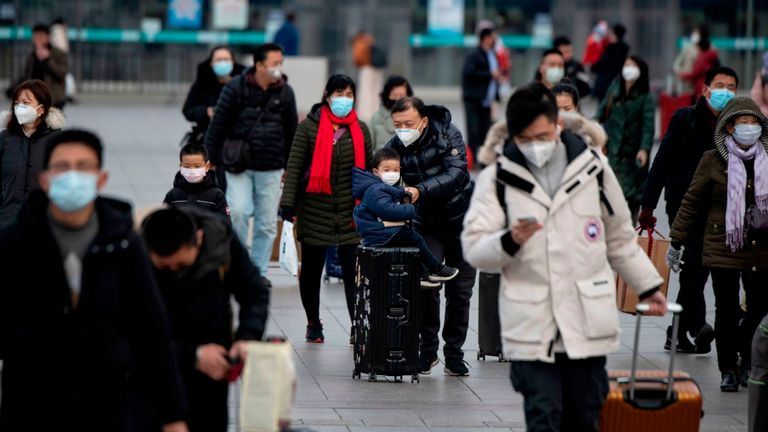The Year of the Rat, the first in the Chinese zodiac cycle, is supposed to bring new, fresh beginnings. This year, however, a deadly virus emerging in the city of Wuhan has prompted a national and global crisis.
While the human aspect is largely discussed in the media, the information on the economic impact of the virus is not as abundant.
According to Bloomberg, the virus has driven down China’s demand for crude oil by 20%.
The fall in the demand for oil comes primarily as a result of the recent travel restrictions within China and the reduced manufacturing activity in Chinese factories.
Following Apple and Ford, several other tech and automobile companies which build hardware in China have ceased production until further notice.
The halt in the production process suggests that the world’s largest oil importer is in need of 3 million barrels less than normally required in a day, therefore raising concerns on the global demand for crude oil.
Domestic travel is not the only type of travel to face restrictions. International airlines such as American Airlines, British Airways and Air Canada have suspended or cancelled the majority of upcoming flights to and from mainland China.
A study by the World Tourism Organization indicates that Chinese tourists are the biggest spenders, with total expenditures reaching $277 billion in 2018. By controlling the flow of tourists from China, countries such as Thailand or Indonesia which rely heavily on tourism and are popular destinations amongst Chinese travellers could experience slower economic growth.
The economy of other countries in the region may also be affected by the spread of the virus.
Trinh Nguyen, a senior economist, has said for CNBC that the health crisis has taken a toll on the Thai baht.
Due to the reduced number of Chinese tourists and exports to China, which amount for 2.7% and 6% of Thailand’s gross domestic production (GDP) respectively, the country’s currency has depreciated by 3.7% against the US dollar, according to ING Think.
Since 2010, China has been experiencing a sustained decrease in GDP growth. Statistics from
The World Bank show that China’s economy grew only by 6.567% in 2018, as opposed to a growth of 10.636% a decade ago.
While the possibility that the virus may lead to a recession remains low, certain industries are already experiencing damage.
With an epidemic in the picture, one question remains: will China’s position as an economic superpower suffer?
Image: Sky News

